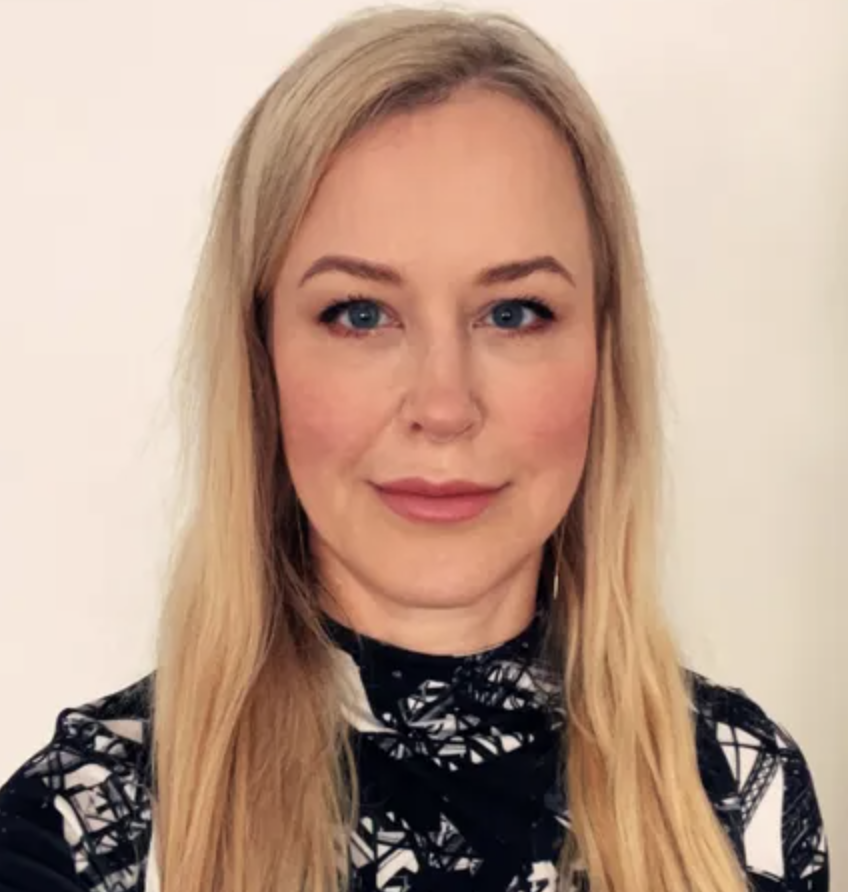What is narcissism?
According to recent research, narcissism is on the rise in modern Western societies, a phenomenon sometimes referred to as 'the narcissism epidemic'.
Furthermore, narcissism is becoming a very widely used term in common, everyday conversations: referring to someone as a narcissist is now often used as flippantly as the term OCD to describe someone who likes to order their books in neat lines according to colour.
In reality, narcissism exists on a spectrum. At one end of the spectrum are narcissistic traits that can help an individual thrive in certain situations. At the other end we have an individual diagnosed with narcissistic personality disorder NPD , a condition characterised by arrogance, feelings of entitlement, exploitative behaviour and lack of empathy.
It has been estimated that around 1% of the general population has a clinical diagnosis of NPD. This is partly because people with NPD are unlikely to see anything wrong with themselves and therefore do not seek help, and partly because of problems with the diagnostic criteria for NPS.
In contrast, recent estimates of the prevalence of broader narcissistic behaviour put the figure much higher at around 16%, meaning that a lot more people might be affected by narcissistic abuse than the diagnostic figures suggest.
Echoism: A survival strategy
The road from a toxic narcissistic relationship back to healthy wholeness is a long one fraught with many challenges. Often with the first steps towards recovery come the thoughts of 'why did this happen to me'.
Interestingly, recent research has found that partners of narcissists often seem to share certain traits. These personality traits have been referred to as echoism, a term first coined in 2005 by psychoanalyst Dean Davis and further developed in more recent times by the psychologist and narcissism expert Craig Malkin.
The terms narcissism and echoism have their roots in Greek mythology. Narcissus was an exceptionally beautiful demi-god who fell in love with his own reflection to the point that he was unable to sleep or eat and eventually wasted away. Echo was a beautiful nymph who was condemned to a fate of only being able to repeat Narcissus' words. Rejected by him, she too withered away and died.
Echoism is not a psychiatric diagnosis but a collection of personal traits that often develops as a survival strategy for a child to cope with a narcissistic parent. Narcissistic abuse includes psychological manipulation and control tactics such as belittling, shaming, isolation, gaslighting and stonewalling.
Eventually this leads to the neglected or abused child becoming hypervigilant of the narcissist parent in order not to upset them, leading to people-pleasing behaviours. Gradually, the child will lose touch with their own emotions and needs in the hope that by pleasing others and by asking for very little, they will stay safe.
This relationship pattern is often repeated in subsequent friendships and relationships, and many echoists unconsciously look for a narcissistic partner later in life to replicate their childhood experiences.
What are the traits of echoism?
People pleasing
Highly sensitive, compassionate, and emotionally intelligent, echoists are extreme people-pleasers. Due to their childhood experiences, these individuals dislike voicing their needs in order not to burden others.
In fact, they often put their own needs last to point of over-giving and under-receiving.
Avoiding the spotlight
As much as the narcissist loves the spotlight, echoists tend to dislike taking up space or being the centre of attention. They dislike drawing attention to their achievements or needs.
Low self-esteem
Echoists often suffer from feelings of unworthiness and might feel anxious, depressed or depleted.
Putting their own needs last
Echoists tend to take care of everyone else around them at the expense of meeting their own needs and desires.
Poor boundaries
Echoists tend to have weak personal boundaries or they might not have many boundaries at all. They often find it difficult to say 'no' to others even when it is at their own expense.
Difficulty in asking for help
Echoists very much dislike asking for help, sometimes to the point where they live by the rule of not asking for anything at all from others in order not to appear selfish.
Co-dependency
Echoists often display signs of co-dependency in their relationships in that they can lose their belief in their ability to be self-sufficient, further eroding their self-esteem.
So what steps can you take to heal if you identify with the above traits?
1. Practise putting yourself first
Commit to practising one thing every day where you are taking care of yourself. Little wins lead to great gains, you do not have to start big but you do need to be consistent. A regular 10-minute meditation or a bath can make a real difference.
2. Setting boundaries
Everyone needs healthy boundaries. Spend some time figuring out what yours are and then get comfortable with saying 'no'. Your comfort and happiness matters.
3. Make an Inventory of your strengths
Make an honest inventory of your strengths and all the positive things you have accomplished so far in life. This can initially feel difficult, but you can ask friends or family for their inputs. This will also allow you to practice asking for help!
4. Practise self-care
Echoists have often been neglecting their self-care because they have been busy looking after the narcissist. It is time to give yourself some TLC.
5. Heal the trauma
Narcissistic abuse can involve aspects of emotional, psychological, physical and financial abuse. It is often so traumatic that survivors develop complex PSTD or feel that they have completely lost their own identity.
The Echo Society runs support groups in the UK. Alternatively, it can be a great idea to seek professional help with a mental health professional specialised in echoism and narcissistic abuse.





